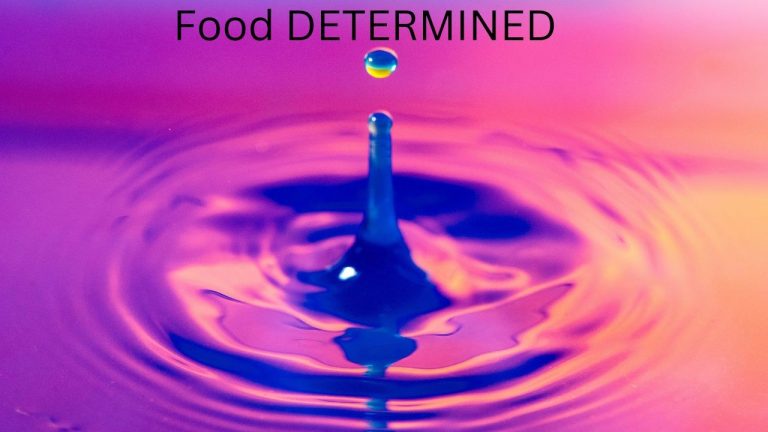What are the Neurotransmitters Proteins?

Neurotransmitters are not proteins, but they are small molecules that are used by neurons in the brain and nervous system to communicate with each other.
There are several types of neurotransmitters, including:
Acetylcholine: This neurotransmitter is involved in learning, memory, and muscle control.
Dopamine: This neurotransmitter is involved in motivation, reward, and movement.
Serotonin: This neurotransmitter is involved in mood regulation, appetite, and sleep.
Norepinephrine: This neurotransmitter is involved in the body’s “fight or flight” response.
GABA (gamma-aminobutyric acid): This neurotransmitter is involved in inhibiting the activity of other neurons, helping to control anxiety and promote relaxation.
Glutamate: This neurotransmitter is involved in excitatory signaling, helping to activate neurons and promote learning and memory.
Endorphins: These neurotransmitters are involved in pain relief and feelings of pleasure.
Neurotransmitters are synthesized by neurons using amino acids and other precursor molecules, and are released into the synapse (the small gap between neurons) where they bind to receptors on the receiving neuron, initiating a signal that can either excite or inhibit the neuron’s activity.



